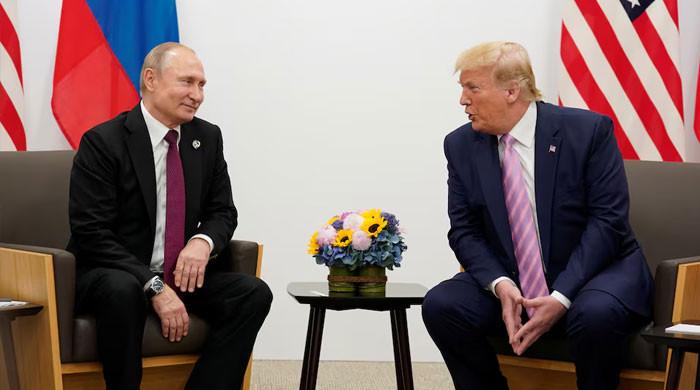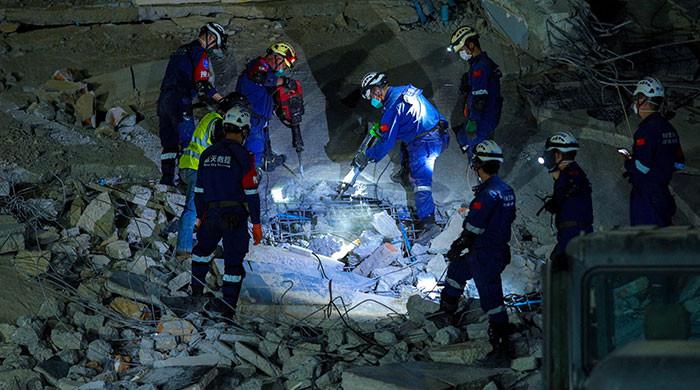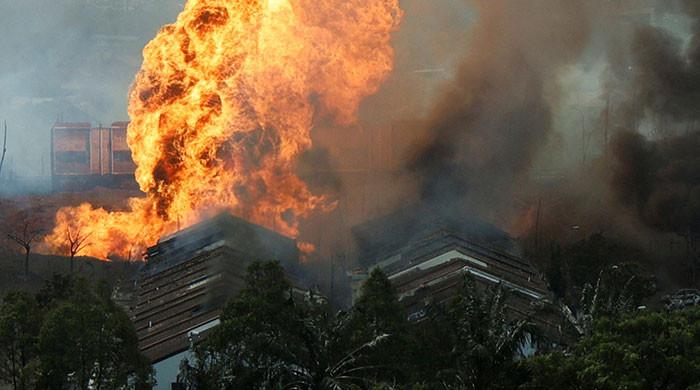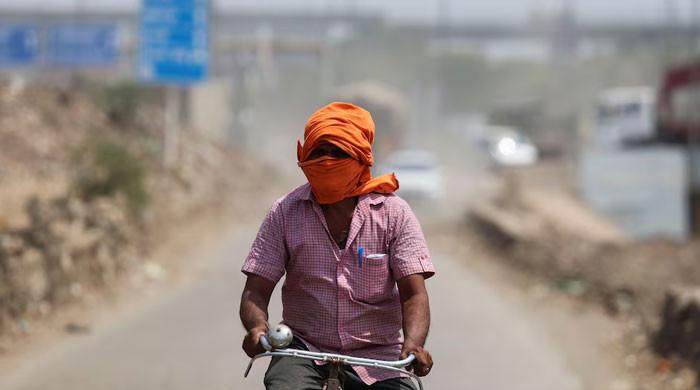WHO says one in three women are victims of physical or sexual violence
UN agency urges governments to prevent violence, improve services for victims and tackle economic inequalities
March 10, 2021
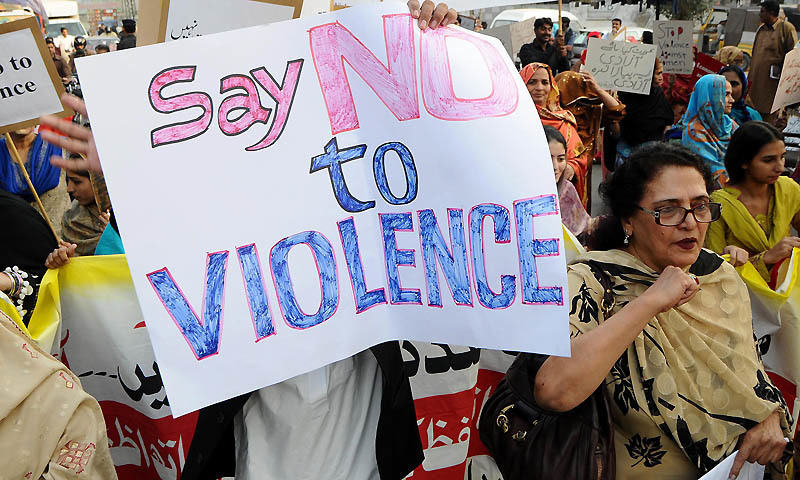
- WHO highlights nearly one in three women worldwide is subjected to physical or sexual violence during her lifetime.
- UN agency urges governments to prevent violence, improve services for victims and tackle economic inequalities.
- A husband or intimate partner is the most common perpetrator, according to the report.
GENEVA: The World Health Organisation (WHO) on Tuesday highlighted that nearly one in three women worldwide is subjected to physical or sexual violence during her lifetime, pervasive criminal behaviour that has increased during the pandemic.
The UN agency urged governments to prevent violence, improve services for victims and tackle economic inequalities that often leave women and girls trapped in abusive relationships.
A husband or intimate partner is the most common perpetrator and a disproportionate number of victims are in the poorest countries, it said. True figures are likely far higher due to under-reporting of sexual abuse, a heavily-stigmatised crime.
“These numbers are very shocking and really are sort of a wake-up call for governments to be doing much more to prevent this violence,” report author Claudia Garcia-Moreno said.
Read more: Pakistan reports highest incidence of violence against women at peak of coronavirus pandemic in 2020
Boys should be taught in school about the need for mutual respect in relationships and mutual consent in sex, WHO officials said.
“Violence against women is endemic in every country and culture, causing harm to millions of women and their families, and has been exacerbated by the COVID-19 pandemic,” WHO director-general Tedros Adhanom Ghebreyesus said.
Some 31% of women aged 15-49, or up to 852 million women, have experienced physical or sexual violence, the WHO said in what it called the largest-ever such study, encompassing national data and surveys from 2000-2018.





